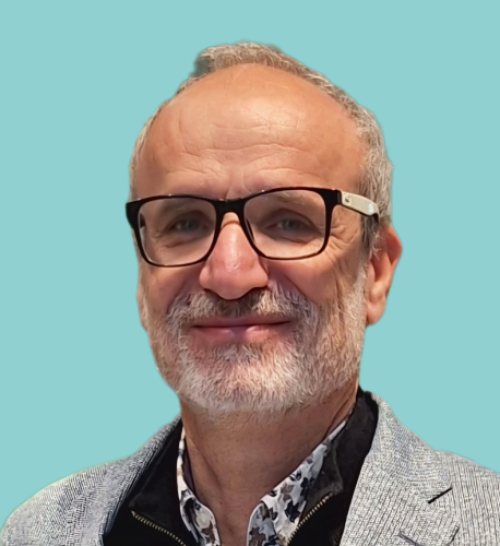
Christophe ARNOULT
Director of the Research Unit, Team Leader DR1-CNRS
Dr. Christophe Arnoult studied veterinary medicine and obtained his veterinary degree from Claude Bernard University in Lyon in 1990. He obtained his PhD from Joseph Fourier University (Grenoble, France) in 1994.
He is currently Director of Research (DR1) at the CNRS and heads the Institute for Advanced Biosciences (IAB). The IAB is a multidisciplinary biology research institute (INSERM, CNRS, UGA) that develops fundamental and translational research programs. The institute's overall objectives are to study the cellular and molecular mechanisms and their dysregulation leading to various diseases, including cancer, microbial infections, and pathological processes related to reproduction and child development.
Christophe Arnoult is passionate about reproductive biology, which he has been studying for 35 years. His current research focuses on sperm physiology, structure, and male infertility, as well as therapeutic strategies for treating infertility. He has made major discoveries about the signaling pathways that control sperm physiology and the proteins involved in sperm biogenesis in the testis. By studying certain types of genetic infertility in humans, he has demonstrated the essential role of the DPY19L2 protein in acrosome biogenesis and contributed to the identification of 21 proteins involved in flagellum biogenesis. He recently demonstrated for the first time the heterozygous oligogenic inheritance in male infertility, highlighting the complexity of genetic infertility. More generally, his work has helped characterize the genetic causes of human infertility, thereby improving diagnosis and prognosis.
Dr. Arnoult was also director of the CNRS Primatology Station (UAR 846) in Rousset, France. The mission of this station is to support research projects on non-human primates (NHPs), in strict compliance with ethics and animal welfare. There, he led projects on the reproductive biology of NHPs and assisted reproductive technologies (ART) applied to primates.
In summary, Dr. Christophe Arnoult has extensive expertise in reproductive biology, ranging from basic animal models such as invertebrates to more complex systems such as cattle and humans.